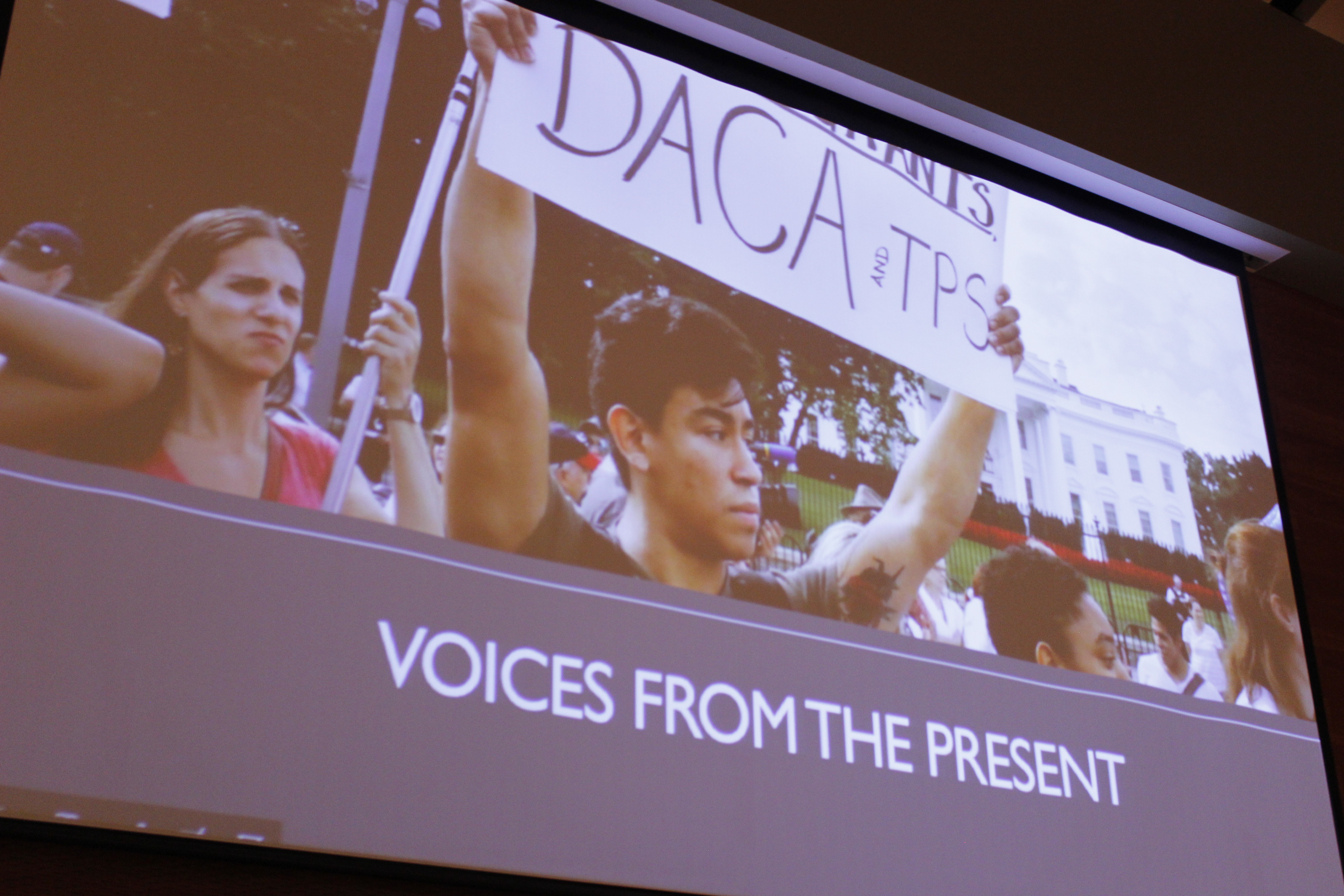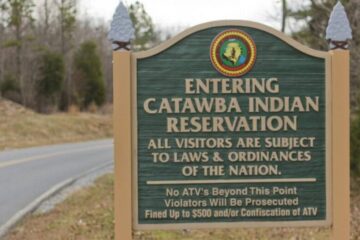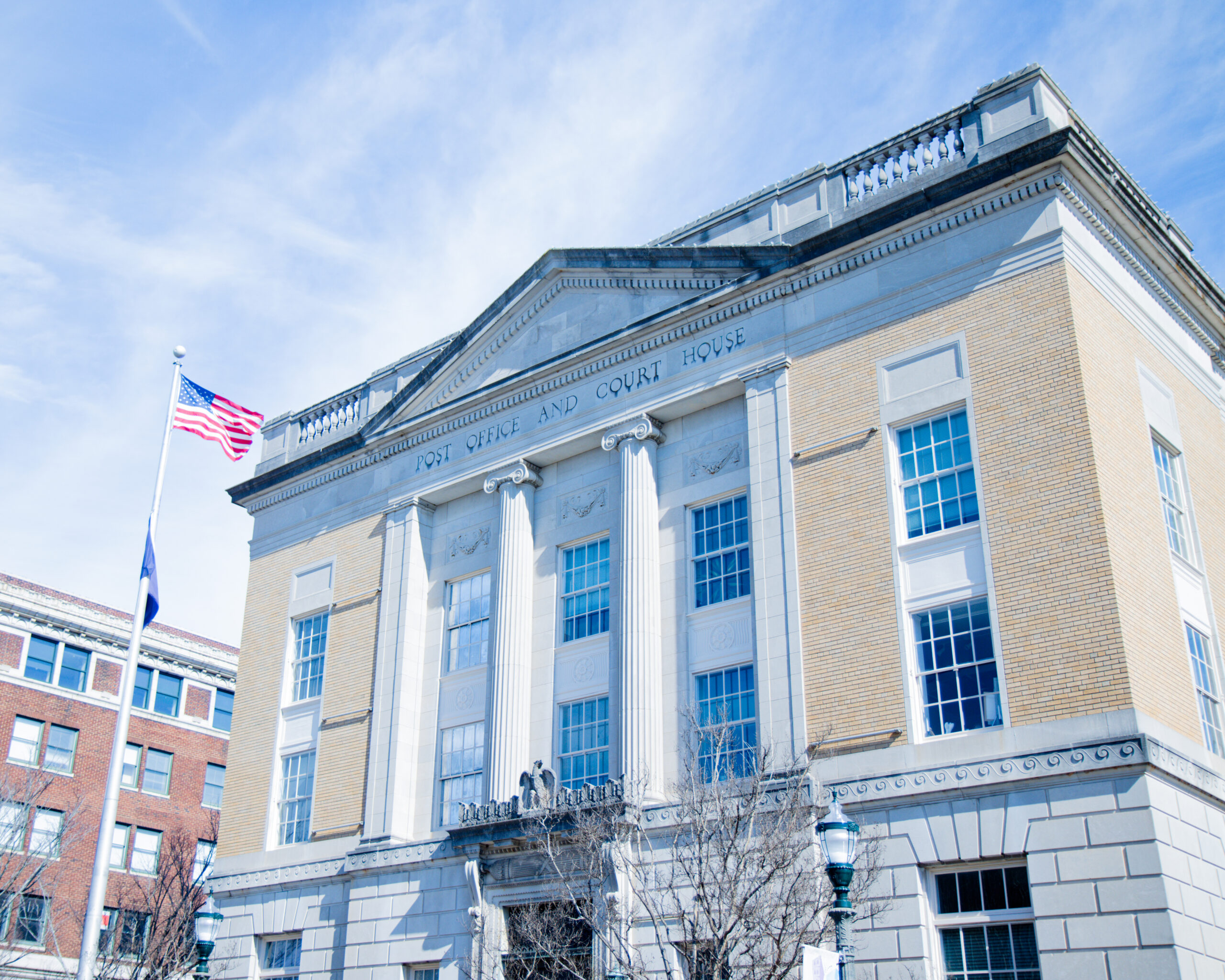Undocumented immigrants who enter the United States unlawfully face a number of challenges, and last week Winthrop Univesity held an event addressing some of those challenges, particularly those faced by college students who do not have documentation.
In 2012, former U.S. President Barack Obama created the Deferred Action for Childhood Arrivals, which afforded immigrants who were under the age of 31 and were brought to the U.S. under the age of 16 the opportunity to apply for deferred action on deportation.
While immigrants protected under DACA can attend some colleges — and those with legal residence can attend most universities — this is not the case with undocumented immigrants. There are efforts being made for young adults who are undocumented to attend college still in its infancy.
Laura Govea said that she struggled as a student learning a new language. When it was time for her to attend college as an undocumented immigrant, she learned that in South Carolina, colleges would not accept her, no matter what. The reason for this is that undocumented immigrants have no way to obtain a state ID or a social security number, both of which are needed for college admission.
While some colleges and universities (including some in North Carolina) accept undocumented students, they must pay out-of-state tuition. Govea’s family worked hard to provide her with an education and pay the out-of-state cost although she could only afford to take one class per semester. Govea continued her education at Gaston College in Gastonia, North Carolina. Govea couldn’t afford the course load of other students taking multiple classes but she credits her strength to “never giving up.”
This allowed Govea to obtain a driver’s license and social security number. In North Carolina, Govea was given the opportunity to start working for a company and if they decided to hire her and sponsor her, she would receive in-state tuition.
“It’s hard to find someone that is willing to help you,” Govea said about the transition from part-time to full-time student.
In 2015, Govea and her husband started a business to help provide and create jobs for undocumented immigrants like her. Having DACA allowed Govea to obtain the right licenses to obtain her business.
“I think we deserve more,” Govea said.
 Jeylinn Davila is a sophmore at Winthrop whose parents are immigrants. She said that her parents were unfamiliar with the college admission process which made it harder to communicate about what needed to be done during the admission process. In reference to the college admission process, Davila said that her parents “did their best to understand,” but that college admissions “is a world with many layers.” She said her hardest challenge was trying to get her parents to understand why her high school schedule was so busy. Davila’s parents understood grades were important, but didn’t know why she also had to be active in organizations in high school despite her already hectic schedule.
Jeylinn Davila is a sophmore at Winthrop whose parents are immigrants. She said that her parents were unfamiliar with the college admission process which made it harder to communicate about what needed to be done during the admission process. In reference to the college admission process, Davila said that her parents “did their best to understand,” but that college admissions “is a world with many layers.” She said her hardest challenge was trying to get her parents to understand why her high school schedule was so busy. Davila’s parents understood grades were important, but didn’t know why she also had to be active in organizations in high school despite her already hectic schedule.
Winthrop alum Lois Sisk was the first child in her family to go to college. Her parents came to the United States with the hopes of securing an education for their future children. Sisk’s parents supported her any way they could but were unfamiliar and lost with the federal loan process. Sisk was left with the “daunting” task of figuring out how to navigate federal loans to begin her education. Sisk said she “had to learn the hard way,” and sometimes the mistakes she made in correlation with federal loans turned out to be “expensive” mistakes to make.
Winthrop alum Melody LeCroy said she didn’t understand how her classmates didn’t go home more. LeCroy said her immigrant parents and siblings being close by led to her going home most weekends. LeCroy said she didn’t understand why students could spend such time away from their families and be fine, which she said made a barrier between herself and other students, as she felt she couldn’t relate to them.
Photos: Tate Walden/ The Johnsonian




